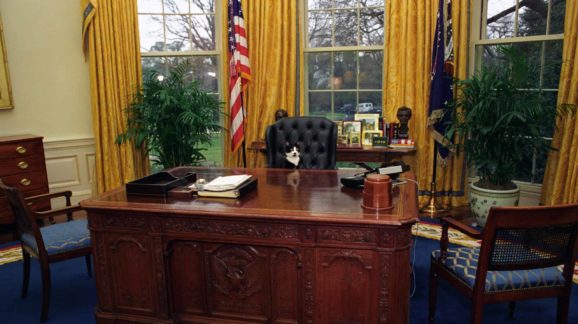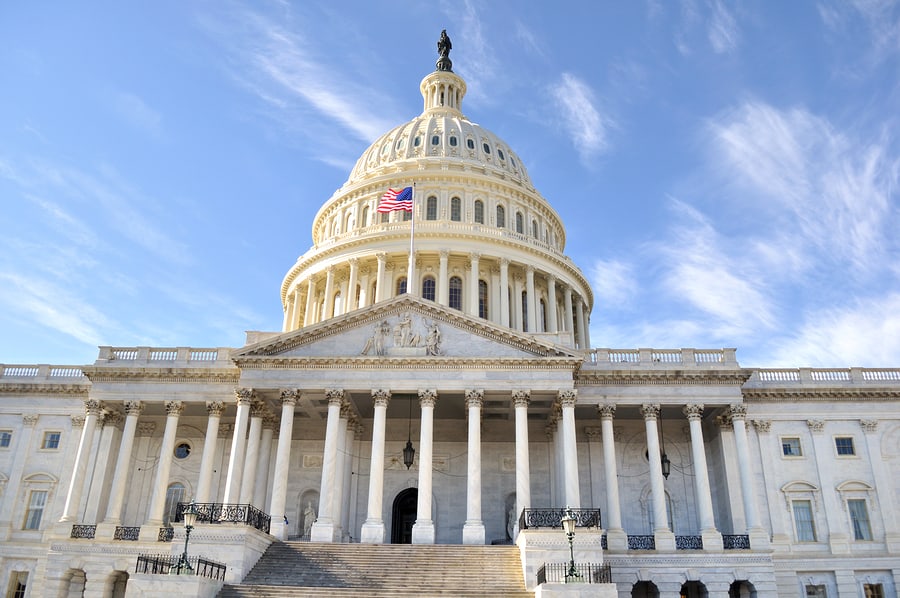Last Chance for the 115th: Stop the President from Unilaterally Raising Tariffs

This June here at OpenMarket we’ll be looking at what the 115th Congress, which began January 3, 2017 and runs through January 3, 2019, has accomplished so far and what might still be achieved for limited government and free markets before it’s over. Read more about the Competitive Enterprise Institute’s recommendations for legislative reform here.
 Article I, section 8 of the U.S. Constitution gives Congress the exclusive power of the purse. Under no circumstances may the president unilaterally raise taxes. And yet, President Trump has done just that with new tariffs. So far, Trump has enacted 25 percent levies on steel and 10 percent levies on aluminum. He is also threatening to raise tariffs on foreign cars, among other measures. How is he getting away with it?
Article I, section 8 of the U.S. Constitution gives Congress the exclusive power of the purse. Under no circumstances may the president unilaterally raise taxes. And yet, President Trump has done just that with new tariffs. So far, Trump has enacted 25 percent levies on steel and 10 percent levies on aluminum. He is also threatening to raise tariffs on foreign cars, among other measures. How is he getting away with it?
Our existing trade laws have loopholes. These are mostly related to national security. Section 232 of the Trade Expansion Act of 1962 contains one such loophole; Sections 201 and 301 of the Trade Act of 1974 contain similar loopholes. The White House is exploiting them as best it can, causing both economic and diplomatic harm to the United States.
Even with an active imagination, it is difficult to imagine a German-made BMW 5 Series as a threat to national security. And even if the rest of the world were to completely cut us off from importing steel, the U.S. military uses less than a twentieth of existing domestic output. Every trade action Trump has taken or is considering is security-unrelated.
When Canadian Prime Minister Justin Trudeau confronted Trump about just what national security threat Canada posed that would justify the steel and aluminum tariffs, Trump was reduced to mumbling something about the War of 1812.
Congress’ job, then, is to prevent such abuses of executive power and reclaim the power of the purse. Two bills in the Senate would work in that direction; at least one of them deserves to pass.
Sen. Mike Lee (R-UT)’s Global Trade Accountability Act of 2017 would require congressional review of any attempted unilateral tariff increases. The president would still be able to lower tariffs unilaterally, which is both good economics and good foreign policy.
Sen. Bob Corker (R-TN), along with a slew of cosponsors in both parties including Sen. Lee, also introduced a bill to require congressional review of any unilateral tariff increase from the president invoking Section 232.
Right now, the Corker bill seems to have more momentum behind it, though the administration has already announced its opposition to the bill. We don’t know yet if the President would veto the bill or not, but the Senate should force his hand and make him explain himself if he does. The time to act is now, before President Trump commits another unforced economic and diplomatic error.
Read previous posts in the “Last Chance for the 115th” series:
- Bring Accountability to the Financial Regulators by Daniel Press (6/13/18)
- Senate Should Pass AV START Act by Marc Scribner (6/12/18)